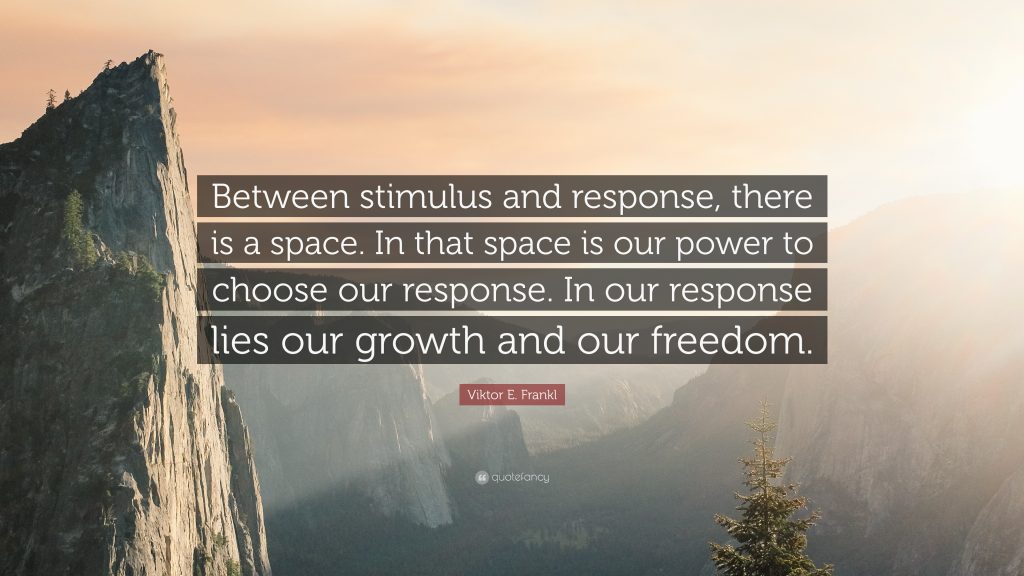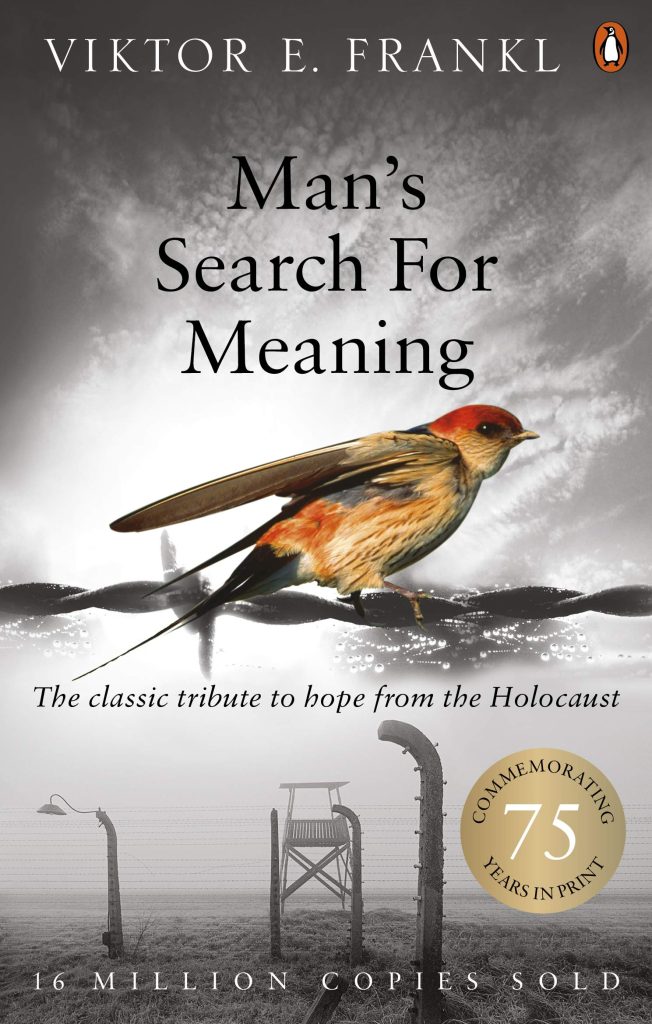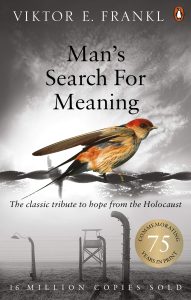The book A Man’s search for meaning by author Victor Frankl is a very well known memoir and psychological analysis from the author-psychologist’s account of the Nazi camp, holocaust, human nature and behaviour of human beings at their most vulnerable moments. It is a book that reveals the innermost human psyche stripped of any artificiality.
”One glance at a book and you hear the voice of another person, perhaps someone dead for 1,000 years. To read is to voyage through time” is what Carl Sagan said about books. A book is nothing but another soul connecting their experience to the readers. We are able to learn from another person’s experience and perspective. Here, Victor Frankl does that masterfully for us.

Like many Jews living in a time of great turmoil and conflict, Victor Frankl survived Nazi camps, repeated exposure to cruel circumstances and human behaviors full of conflict, confusion and desperation. He became witness to the expression of the innermost human instincts in their dark as well as most magnificent forms. What shines through above the darkness is the realization of the higher human ideals which guides a man through the most trying times. These realizations are then carried forward as wisdom and thoroughly thought through in terms of psychological analysis and brought to the attention of the readers. Frankl quotes Nietzsche ’He who has a why to live for can bear almost anyhow’.
Frankl points out that many prisoners who lost hope completely under those unimaginable circumstances were the first to die in the camps. However, some people in those same circumstances or worse never lost hope, and some of them survived. It seems that to live a meaningful life, experience it one needs the well-respected human qualities the most, even more than food and comfort.
For Frankl, his love for his wife, the hope of seeing her again, his love for his parents and his decisions that were based on values, love, and consideration gave him strength and hope more than any act of desperation, treachery or deceit in those unusual circumstances. Frankl realizes that a person ”may remain brave, dignified and unselfish, or in the bitter fight for self-preservation he may forget his human dignity and become no more than an animal”.
Frankl walks us through the lives of his and many humans in the prison camps with no apparent hope of the war ending and shows us the complexities of emotions felt during those times and the repeated effort and attempt to find, define and redefine the meaning of life.
Human relations are formed during those times and inside those confines and some are broken. Some people are able to show grace and strength and some lose hope completely and perish. Therefore Frankl notes that it is meaningless just to suffer under any given circumstances, yet one’s attitude is the most powerful factor despite any circumstance that helps one to raise above them, hope, dream and live forward.
Again and again, he point that it is those characteristics of dignity, hope, love that preserves anybody than acts of utter negativity, desperation and selfish attempts to gain leverage. This is summarized perfectly in the quote by Frankl ’while everything else can be taken from a person, the freedom to choose one’s attitude in any given situation remains. This freedom, even amidst unimaginable suffering, is the last of the human freedoms’.
After he survives the camps and the war and gains his freedom, he turns his witness into this book with reference to various psychological discourses and experiences of other people going through the turns and tides of life. He then infuses these in his teachings of logotherapy to treat patients with mental health problems and guide them towards discovering meaning, purpose and joy in living.





